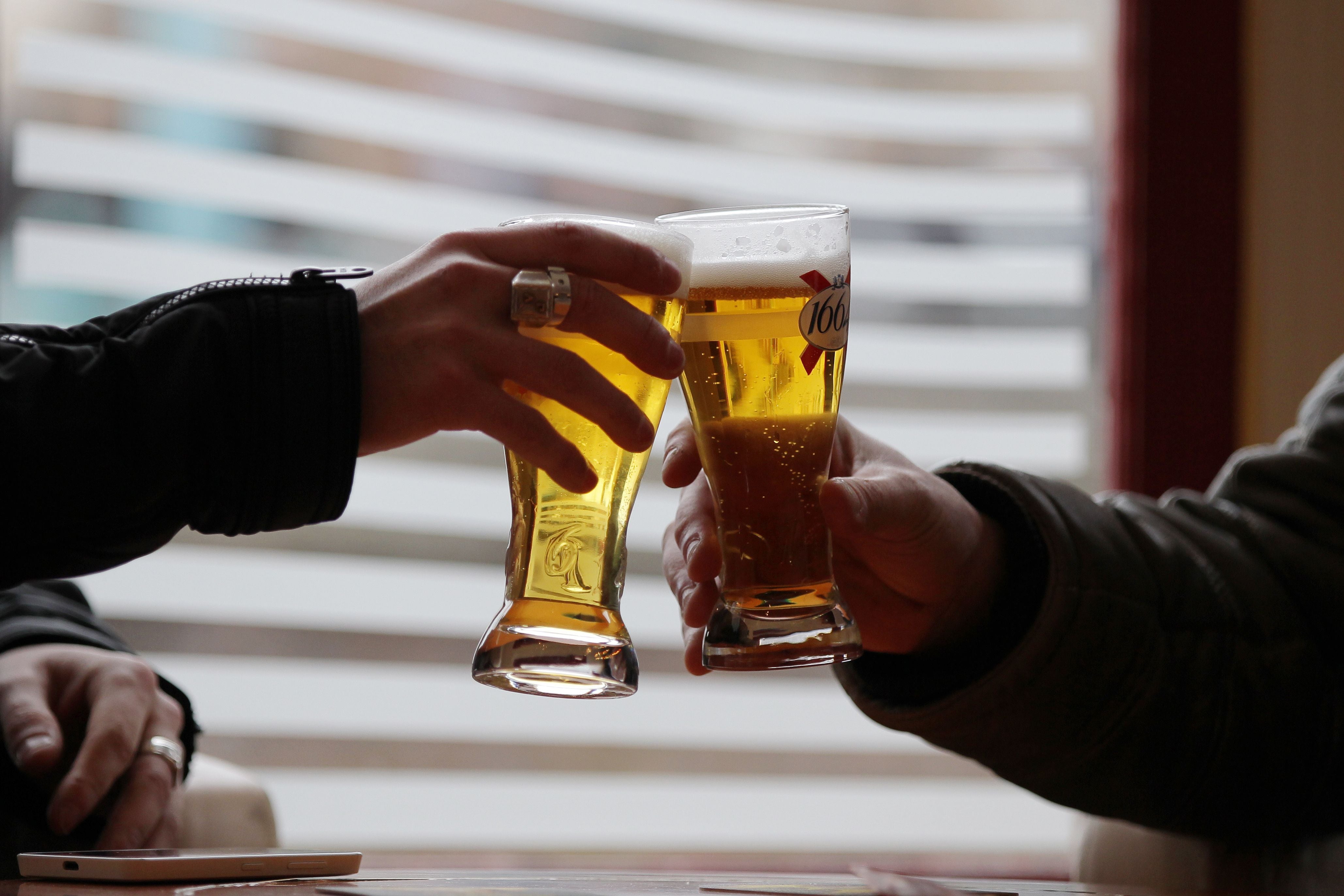Scientists develop wearable alcohol sensor for drinking self-management
Device was seen as better alternative to keeping a mobile drinking diary

Scientists have developed a new wearable sensor that they say can help social drinkers better manage their alcohol consumption.
Researchers, including those from Yale School of Medicine in the US, say transdermal alcohol content (TAC) sensors − which measure ethanol excreted through the skin − have mainly been used within the criminal justice system for abstinence monitoring.
But for the potential use of such sensors to motivate and support alcohol self-management, scientists say such sensors must be accurate, able to detect alcohol with minimal delay after drinking, and feasible and acceptable to wear.
While conventional TAC sensors are worn on the ankle, these are bulky, and their noise and vibration can disrupt daily activities including exercise and sleep.
Other new sensor models worn on the wrist have better implementation potential, but scientists say these have not yet been rigorously tested under real-world conditions.
In the new study, published last week in the journal Alcoholism: Clinical and Experimental Research, researchers conducted a field-based assessment of heavy drinking young adults to determine the accuracy and acceptability of a new sensor − known as BACTrack Skyn − and compared it with a traditional ankle-worn device.
The research included 47 participants aged between 18 and 25, who were instructed to wear both the Skyn and a traditional sensor for one to six days, and to drink as they usually would.
Researchers say the new device was seen as a more accepted alternative measurement tool, especially when compared to keeping a mobile drinking diary.
The Skyn device, scientists say, was also associated with lower disruption of sleep, exercise and social comfort compared with the traditional sensor.
However, they say further development will be needed to make the device better suited for widespread use.
The device’s accuracy, scientists say, was “adequate” at the least, and “excellent” for some measures.
However, they noted that the study was unable to derive automated rules for alcohol detection that worked consistently across different contexts.
Citing an example, they said the level of TAC corresponding to drinking was different among participants that enrolled during the first versus the second half of the study.
They called for enhanced hardware and analytics in new-generation alcohol biosensors to autodetect drinking more consistently so that they can be used in the behavioral self-management space.
Join our commenting forum
Join thought-provoking conversations, follow other Independent readers and see their replies
Comments
Bookmark popover
Removed from bookmarks